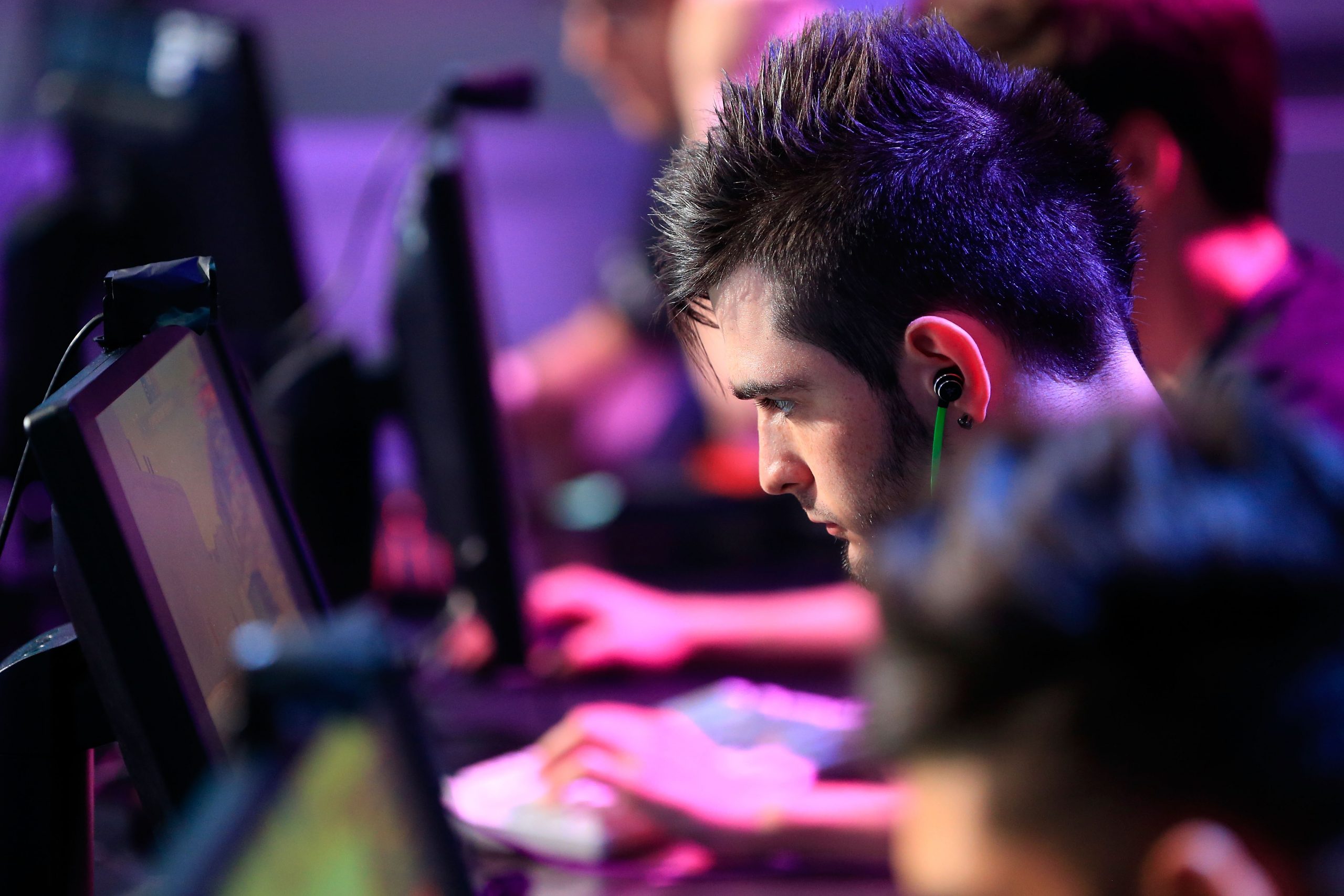A substandard gaming system can doom a gamer to repeated losses in multiplayer online games or lagging video when playing some types of games solo. To succeed in and get the most out of gaming, you need the best. When looking for the best gaming rig, the array of choices can be confusing. Which brand and model should you choose? What’s truly important?
With gaming, you want something that looks cool. Don’t get too attached to great looks. It’s the specs that count the most. A long, long time ago, when DOS was the operating system, specs weren’t such an issue, but then gaming wasn’t all that interesting either.
Today’s most current games have amazing graphics and require a specialized graphics card and fast processing speed. In this post, we will look at what you need to consider when choosing a gaming machine.
How Much to Spend?
How much you spend depends on what your budget is and how serious you are about gaming. In the gaming arena, it pays to spend as much as you can afford. If you’re putting a rig together, you could save yourself a fair amount of money, as long as you plan everything out carefully.
We recommend that you get the prices of all the components you need before you start buying. Also, to avoid lag and keep the system cooler, ensure that parts are compatible.
It’s better to use components of about the same quality. It’s pointless spending a lot of money on a graphics card, for example, if the motherboard can’t handle the load well.
Processor
For gaming, you need a processor with between two and four cores. If you have a limited budget, you can get away with two cores as long as you don’t play using the maximum settings.
If you want the full HD experience, you’re going to need to fork out the money for a 2.5 GHz processor. You can look at the “I” number to see how powerful the processor is. The higher the number, the more power it has. So i7 is better than i5 and also more expensive.
Motherboard
You need to ensure that you have the right slots to fit the different components into. You should also ensure there are enough USB slots and expansion ports to meet your needs and a few extra if you want to upgrade later.
RAM
Adding extra RAM can help to improve the performance of your machine. If you’re looking for standard gaming, 16 gigabytes of RAM should be plenty. For more advanced users, 32 gigs are better.
Graphics Card
The type of card you choose depends on the kinds of games you want to play. If you’re going to indulge in VR gaming, for example, you need something that can push out at least 90 frames per second so that there is no stuttering while the game is running.
The minimum FPS rating is 30 on the low side. Sixty FPS is better than 30. You’ll also need a system with dedicated memory of between 2 gigs and 4 gigs.
Don’t Forget the Other Essentials
You’ll need a good cooling system so that you can play for hours without causing the computer to overheat. You need to make sure that the case allows a decent amount of airflow through the system. And, finally, you need a power supply capable of running everything.
Add The Sports Daily to your Google News Feed!







